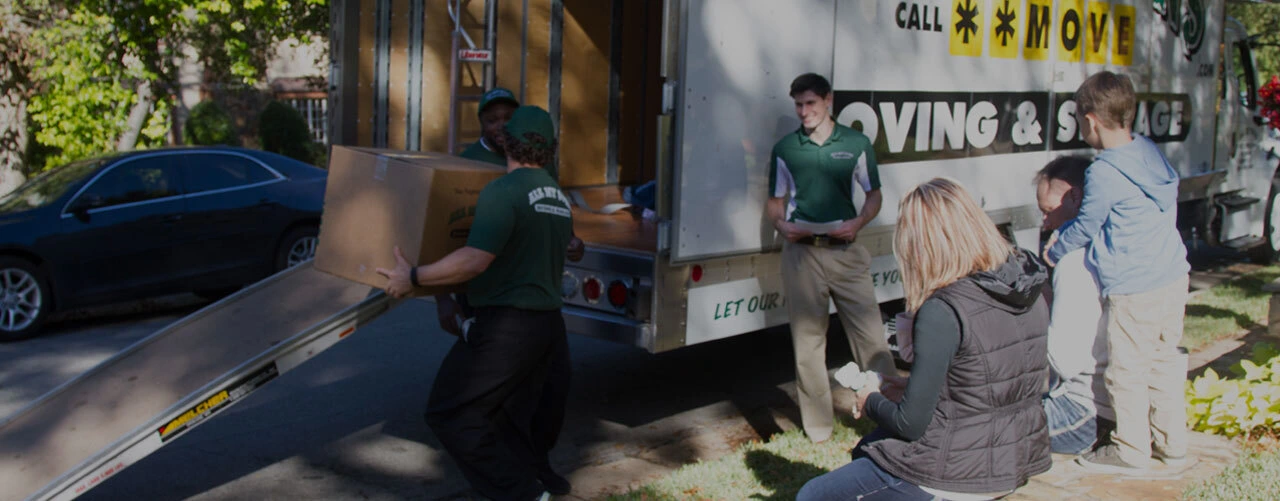What to Know Before Buying a Foreclosure
While foreclosures have slowed down considerably in the last year, there are still many on the real estate market that are available for investors to purchase and flip for a profit. However, it isn't necessarily that easy. Foreclosures often require a significant amount of sprucing up and you need to be prepared for the task at hand if you decide to get involved with foreclosure properties. The Denver local movers want to give you a little practical information on foreclosure properties and help you decide if you are game for buying one (or more) of these properties.
One of the first things to understand about buying a house on foreclosure is that payment in full, in cash, is required. Financing is not part of the deal -- the bank which owns the house wants to unload it as quickly as possible, with as few strings as possible. They have likely already lost money on the property and want it off of their books so that they can claim losses on their taxes and show investors they can reduce financial risks quickly.
Depending on the market and the current state of your area on the day you decide to buy, foreclosures can sell very quickly—even within a few hours. While it might seem tempting to make a low-ball offer initially with the hopes of haggling, the bank is likely to have several other interested buyers. Unless the bank is sitting on a large number of foreclosed properties, in a hot market, it probably isn't a good idea to make an offer for less than the asking price, unless there are things about the property that you are unsure of. A foreclosure property is usually a risk on some level, so it isn't for the faint of heart to buy impulsively and risk losing the money.
While title work might be complete, it is still possible the house may have additional liens on it. Liens can come from municipalities in the form of fees for grass cutting or other issues related to vacancy or disrepair of the home, but the bank may not be the only entity to which the former owners owe money.
While the house may close more quickly because it is vacant can make viewing it and moving through the paperwork easier, homes which have been vacant for a long period of time can have problems of their own. From roof to foundation problems, furnace or air conditioner failures to plumbing or electrical, the list runs long of things that can go sour after months or years of neglect.
Look around the property for any signs of termites, cracks in the foundation, An in-ground pool that may seem very enticing could also be a money pit, with leaking pipes underground or other problems. Because the water, electric, and other utilities are usually shut off on foreclosed properties, it can be difficult to detect some of these issues until after the sale has been made, and foreclosures are sold in "as is" condition. Getting a home inspection takes time but might save you in the end.

